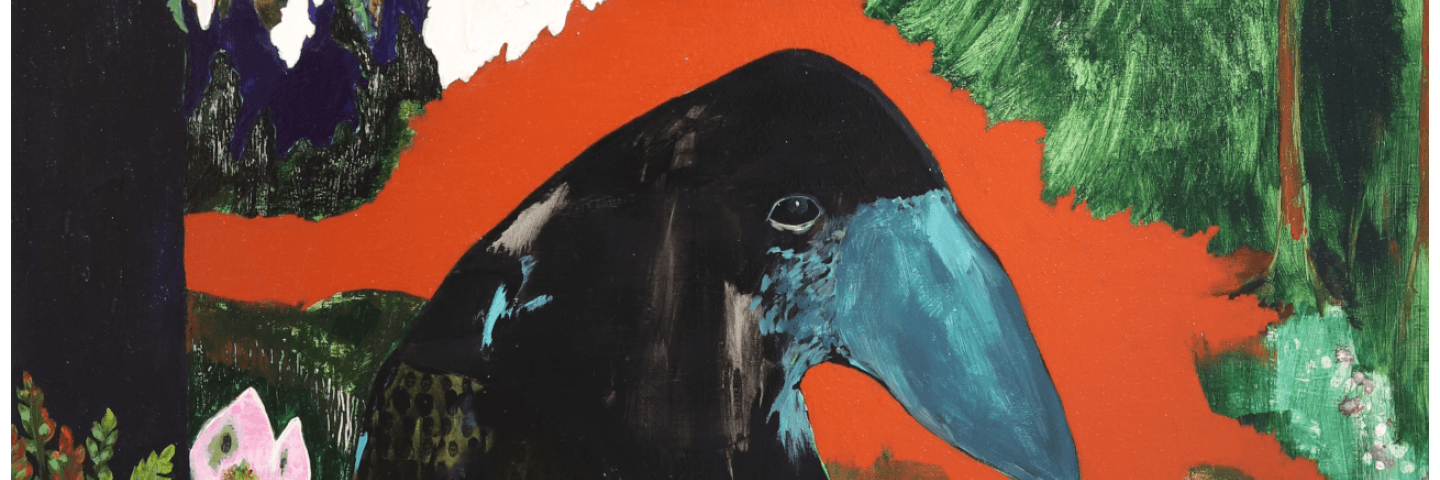The impacts of the coronavirus pandemic on the cultural economy have been profound for most festivals. The cultural economy consists not only of content provision, management and producing activities, but also services, including catering and tourism. The aim of the project is to develop patterns and activities for surviving over the state caused by the pandemic and to disseminate the results via seminars, social media and by producing a resilience-in-action guidebook for future access to all interested free of charge. The project focuses on two case studies (festivals), but, in addition, stakeholders (associations, regional and nation-level authorities) are involved in the project. The project reveals the vulnerabilities of different social groups in this exceptional situation, such as gender, ethnicity and insecure employment, and proposes taking them into account when organizing development work around resilience. The aim is to be realised as follows: research, involvement-based activities for co-creating the patterns and practices for surviving the state of emergency and producing a guidebook for disseminating the survival patterns and practices for the festival organizations and related service producers.

Goal
The research focuses on collecting data on the economic and social state of the organizations and individual professionals/artists during the pandemic. The methods are group and individual interviews, data of written narratives by professionals in the culture industry and a survey for varied festival organizations. Co-creation is, firstly, based on two kinds of action research workshops: i. open to all the organizations and individuals in the industry and ii. function-specific workshops (leadership and management; production; content providing; services of tourism and catering). Secondly, the co-creation includes a guidebook, which is based on the results of the workshops and related expert statements. The results of the workshops are produced in texts (reports) and comments are asked from the participants and stakeholders. The reports are revised based on the comments and further utilized in the next workshops.
Tutkimusryhmän jäsenet
Postdoctoral Researcher Minna Leinonen
Postdoctoral Researcher Henna Jousmäki
Researcher Emmi Siirtola
Professor Antti Saloniemi, Pori Unit
University Lecturer Pasi Pyöriä
Research Manager Jari Kolehmainen, University Consortium of Seinäjoki
